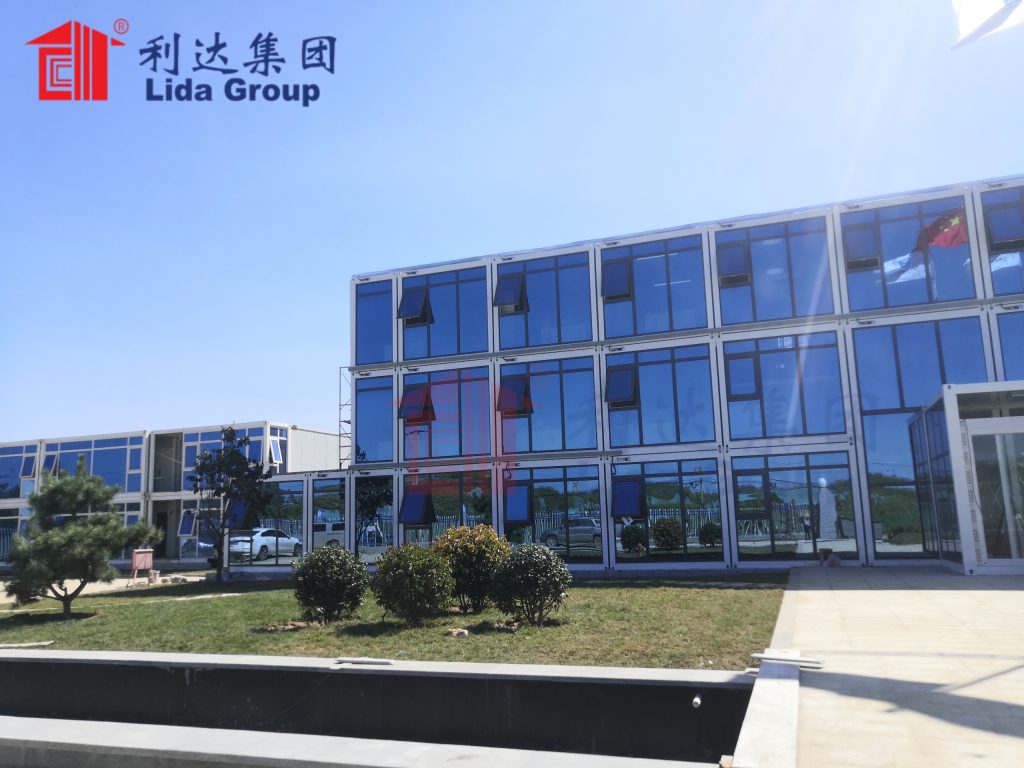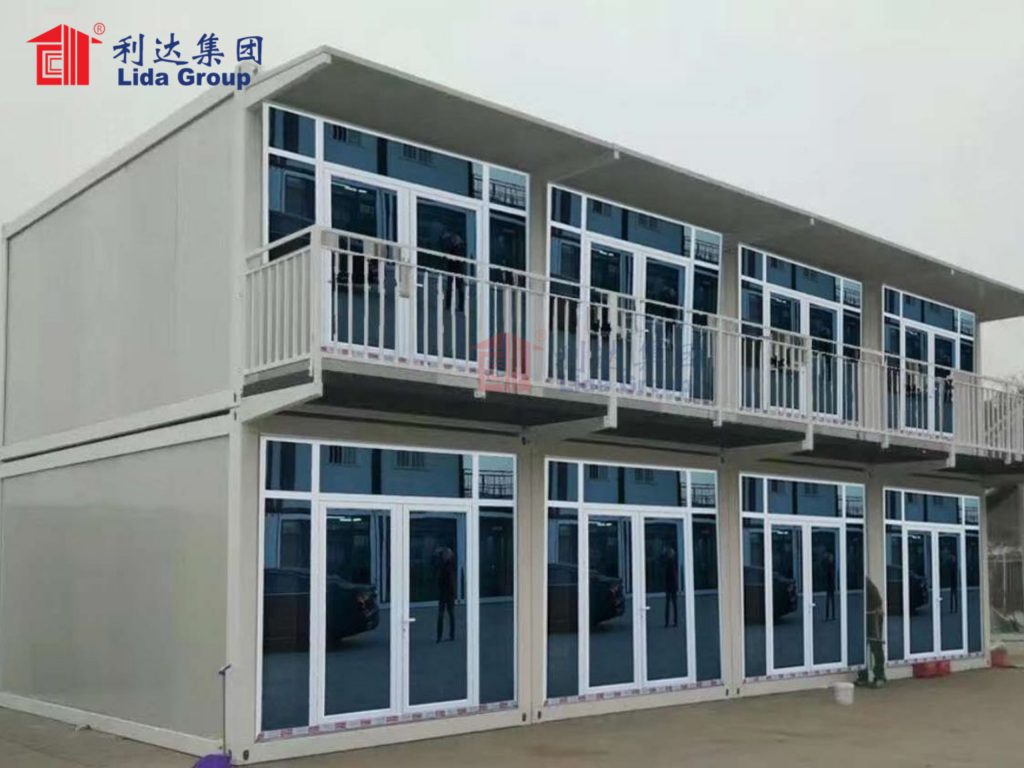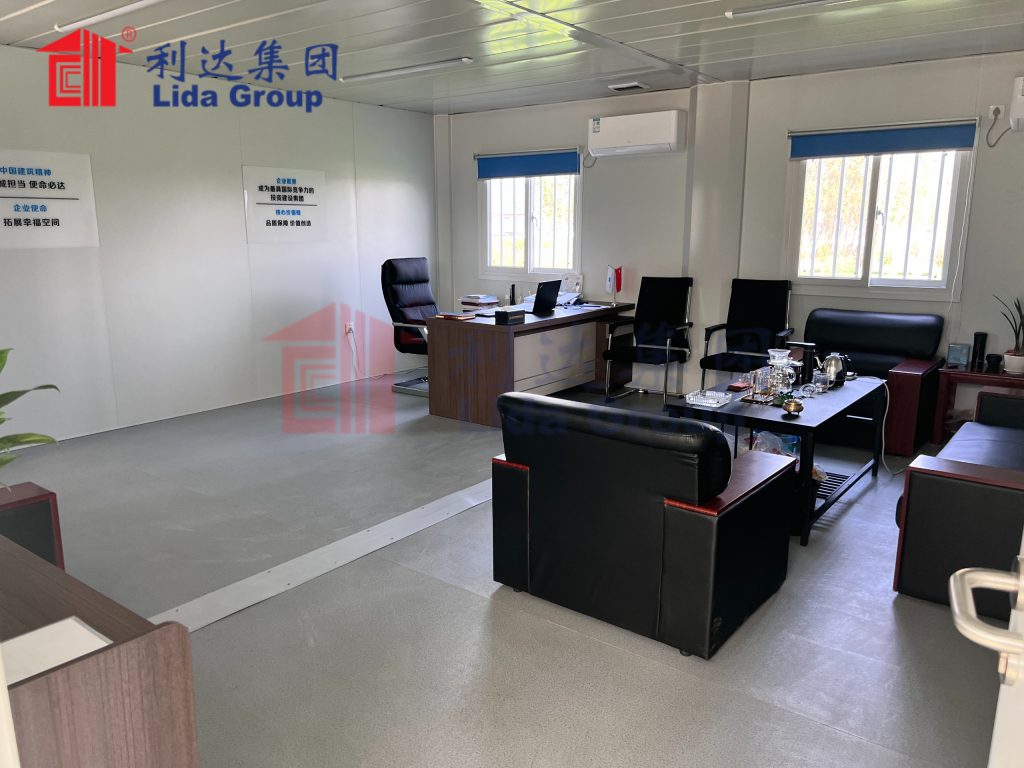As global resources extraction expands into more remote terrain, accommodating vast rotational workforces near developing mining sites presents challenges beyond permanent settlements’ feasibility. To house thousands enabling new bauxite operations in Guinean jungle mountains, a company selected Lida Group‘s movable prefabricated living units assembled from repurposed shipping containers.
Previous attempts housing workers in makeshift camps struggled meeting basic needs amid isolation and weather extremes. Reliance on ground-up construction delivered inconsistently where accessibility fluctuated seasonally. Conventional camp failures risked attrition slowing operations vital fueling economies reliant on mineral exports.
Lida Group’s industrialized approach converting standardized steel containers into hygienic apartments optimized remote delivery. Its centralized conversion facility systematically reengineered boxes into furnished modular homes alongside protective coatings.

Each unit comprised partitioned furnished bedrooms, lounge areas and private bathrooms within 16-24 sqm standardized footprints. All interiors received factory-fitted climate control, electricity, plumbing and wifi minimising on-site hookups. Connections cam-locked for rapid dismantlement when sites eventually close yet withstand decades more use through advanced protective processes.
By road and freight networks, convoys delivered units to developing sites for assembly into clusters according to BIM-planned configurations. Foundations prepared in stages welcomed clusters positioned via cranes connected through lightweight walking paths. Self-contained utilities distributed pre-installed requiring only pin interface connections.
Within three months, over 2,500 customized modular apartments housed 10,000 rotational workers near dispersed developing operations through jungles previously reliant on ramshackle camps inconsistent with accommodation demands. Standardized layouts promoted communities contrasting isolated makeshift settlements straining retention.

Enclosures stood over wet seasons where ground-up structures succumb to weathering. Portable designs scaled housing outputs tracking changing staffing levels without dead capital in impermanent buildings outliving project lifecycles. Self-contained utilities distributed through pre-planned trunk systems eliminating field wiring inconsistencies.
Five years on and 90% units remain occupied housing workers developing successive mining phases deeper inland previously dependent on unreliable distant permanent towns reliant on inconsistent transport links. Modular expansions followed operations through jungles demonstrating living unit villages’ scalability aligning with increasingly distributed projects penetrating new terrains.
Looking ahead, the company commits sourcing additional inventory enabling container camp replication supporting miners enabling continued resource access crucial to sustainable development. Refinements target minimizing assembly times further and enhancing unit interfaces optimizing relocation logistics upon site closures allowing lands natural restoration.

In conclusion, Lida Group’s prefabricated temporary housing assembling standardized living units from repurposed shipping containers established a sustainable solution providing consistency and dignity for remote mining workforces globally. Their portfolio promotes workforce retention through hygienic accommodations wherever ground-based settlements remain infeasible, underscoring the dignified modular system’s viability empowering distributed project developments accessing resources through even most isolated terrain.

Related news
-
Engineers commend Lida Group's flat-packed modular designs utilizing repurposed steel containers as a sustainable temporary construction solution for migrant agricultural workers in remote harvesting areas.
2024-07-22 13:50:53
-
Conference introduces modular extensions enabling integrated on-site housing and processing for specialized crops using Lida Group's standardized steel framed and metal-paneled designs.
2024-07-18 17:41:11
-
Government study considers adopting Lida Group's standardized containerized accommodation complexes that can be rapidly deployed and relocated as needed to house labor forces near large infrastructure projects.
2024-07-22 16:49:15
contact us
- Tel: +86-532-88966982
- Whatsapp: +86-13793209022
- E-mail: sales@lidajituan.com


